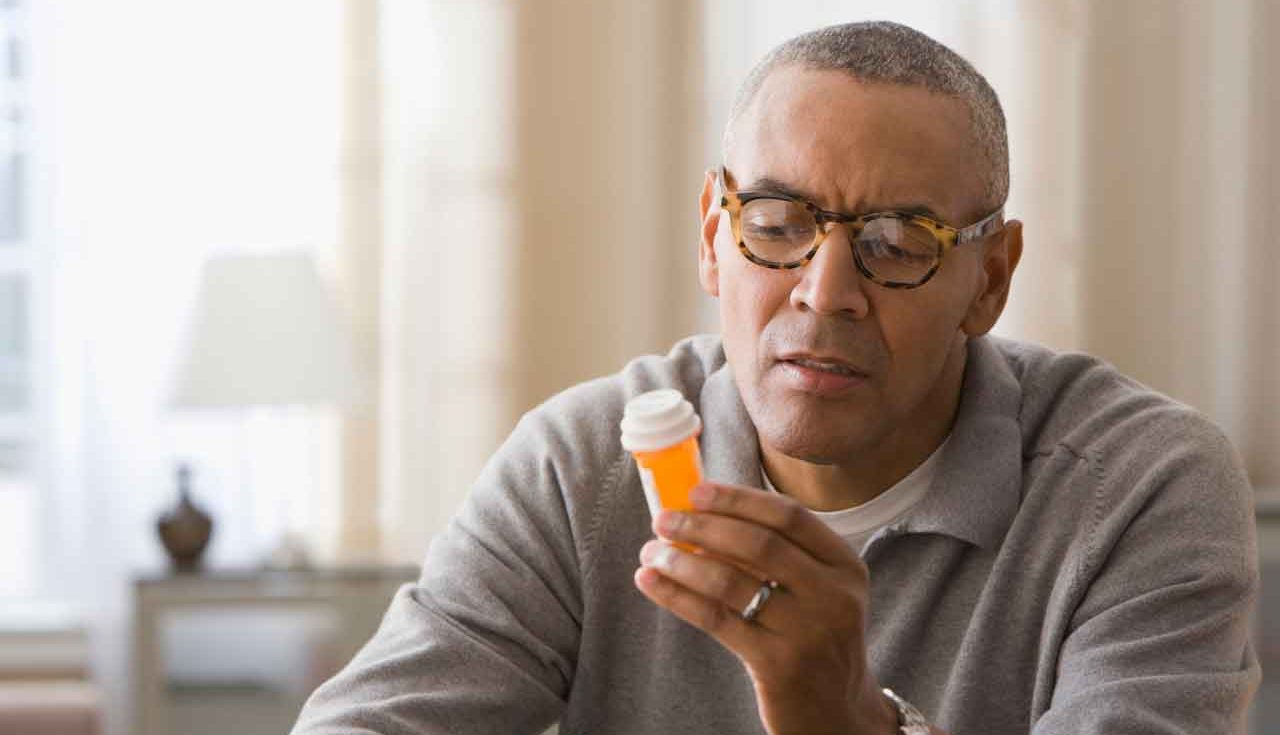FDA-Approved Drugs May Not Be as Safe as You Think

Medications are being approved faster, but problems show up after they come to market. Here’s what you need to know about problems with FDA-approved drugs.
Problems with FDA-approved drugs can easily show up later, once they’re out on the market. In fact, according to a study from the Yale School of Medicine, of 222 products approved in the first decade of the millennium, the Food and Drug Administration, or FDA, has found safety issues with 71, nearly a third of the total.
YOU MIGHT ALSO LIKE: Can You Overdoes on Acetaminophen and Other Common Painkillers?
What does the FDA do?
The agency looks at studies done by manufacturers to decide whether a treatment’s benefits outweigh the known risks for a specific use. But the key clinical trials may involve fewer than 1,000 patients and track their results over less than six months — which leaves lots of room for unpleasant surprises.
Those surprises were most likely with approvals cleared under an accelerated approval program or close to a deadline, according to the study. In previous research, the same Yale team found that the FDA-approved drugs reach the market faster than they do in Europe.
The FDA has been speeding up its drug approval process — by 2016, half of the reviews concluded at around 10 months, down from about 27 months in 1993 — but President Trump has said it’s still too slow and asked for changes. The Yale study may provide clues about which changes would lead to safer drugs.
The findings revealed that psychiatric drugs and biologics, cutting-edge treatments for inflammatory diseases and cancer, may be more likely to have safety issues that emerge after approval.
The FDA removed three medications from the market: the anti-inflammatory drug Bextra and Zelnorm, intended to treat irritable bowel syndrome, both found to pose risks to the heart; and the psoriasis drug Raptiva, which turned out to possibly trigger a rare and fatal infection. The agency ordered manufacturers to put a “black box warning” on packaging 61 times and issued press releases describing less serious threats on a handful of other drugs.
Eric Topol, MD, founder and director of Scripps Translational Science Institute, who was not involved in the research, found the one-in-three figure “troubling,” as he told The Washington Post. He suggested one reason: clinical trials may end up including too many patients that are likely to get the best results rather than a realistic sample of the population that takes the drug. He suggested that the agency grant approvals conditionally and, before the product is widely advertised, collect more safety data from patients.
What can you do?
As consumers of medication, we all need to be prepared for some risk, weighing it against the chance that the drug reduces troublesome symptoms. It’s a mistake to take FDA-approved drugs casually, for symptoms that aren’t serious, or if you haven’t tried safer options, for example, drugs that have been on the market for a long time.
How long should you wait before you decide a new drug is safe for you? The answer in part depends on the risks you run by not taking it, a matter to discuss with your doctor. The FDA took about half of the safety actions in the first four years after approval — and the other half came later.
The FDA does not evaluate whether a drug is worth its price or better than its rivals, another reason to favor older drugs, which generally are also much cheaper and may come in a generic form. The FDA requires that generic versions of brand-name drugs deliver the same amount of active ingredients into a person’s bloodstream in the same amount of time, and they should be just as safe at much lower cost.
Don’t assume that supplements — often herbs touted as “natural” — are a safe alternative to a medication. The FDA doesn’t evaluate the safety of supplements or the claims made by manufacturers.
In the end, a healthy lifestyle is your best strategy to avoid medication. Be sure you make your health a priority — get enough sleep and exercise, manage stress, and eat a variety of fruits and vegetables. You may still need medication, but you’ll know you’ve done your best.
YOU MIGHT ALSO LIKE: Not Enjoying Sex Anymore? It Could Be Your Antidepressant
Updated:
March 31, 2020
Reviewed By:
Christopher Nystuen, MD, MBA